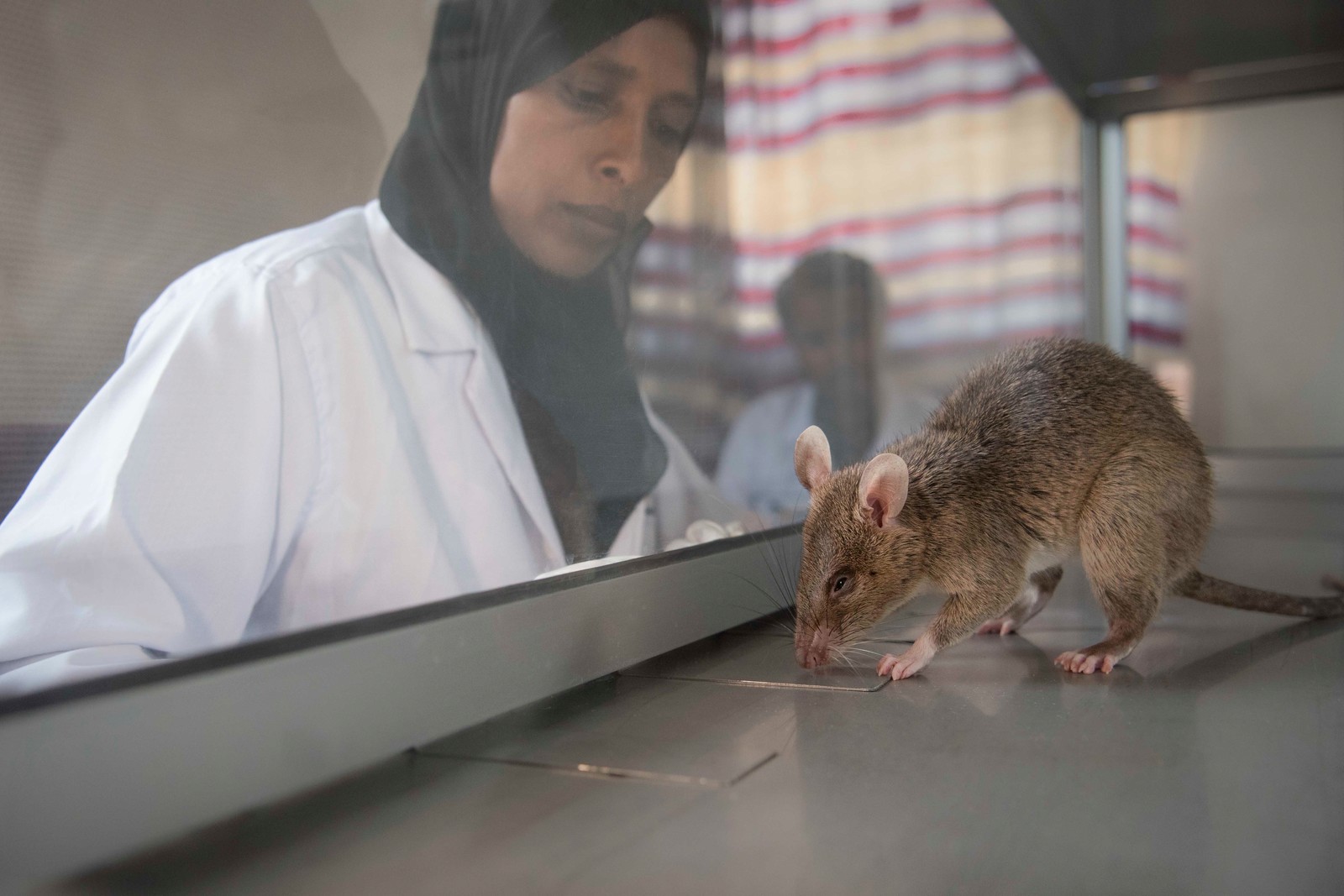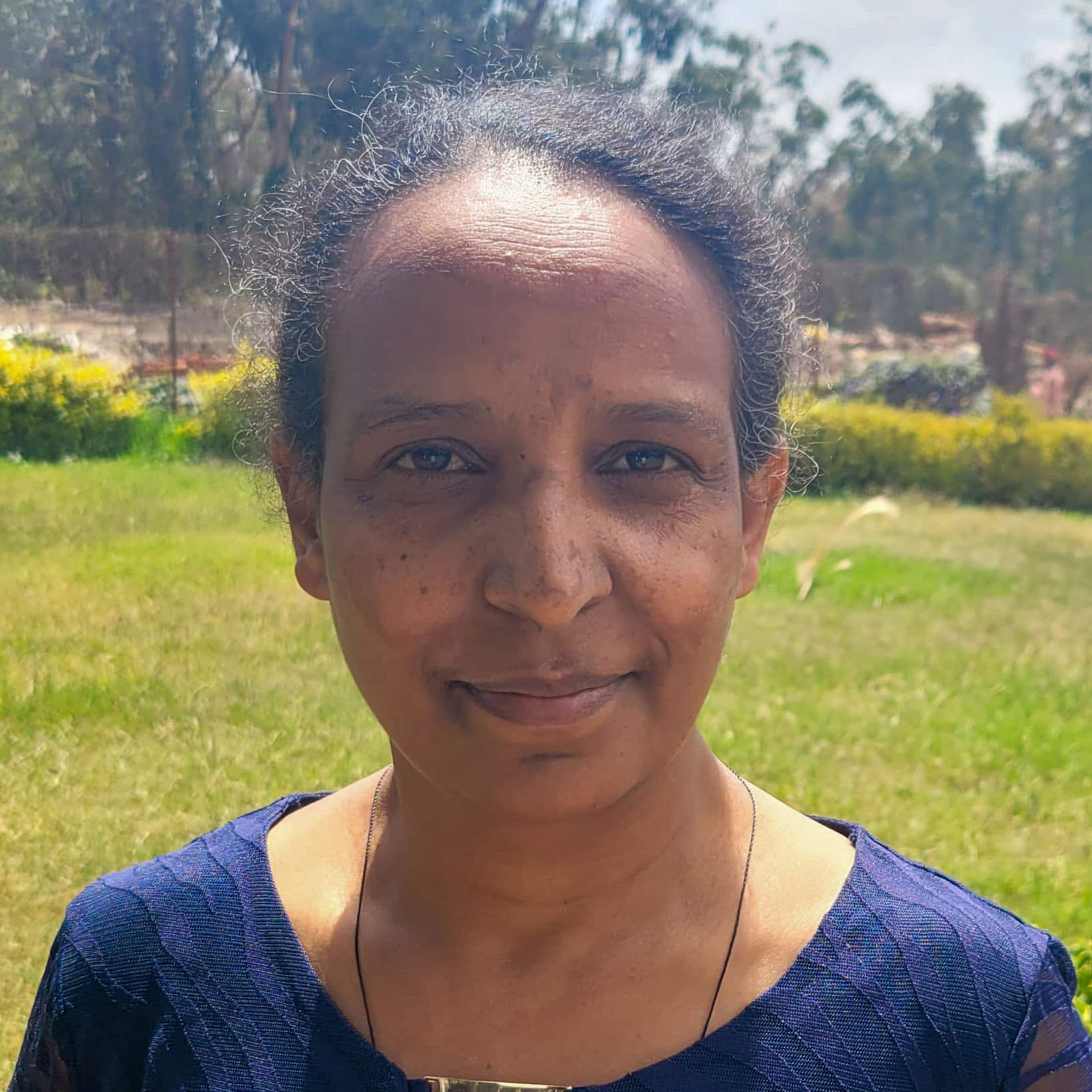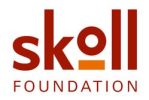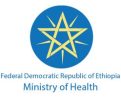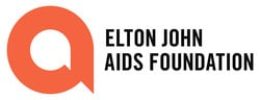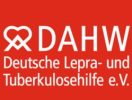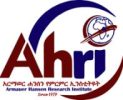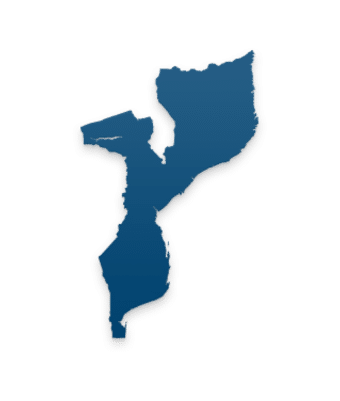APOPO’s TB detection rat facility in Addis Ababa is built in the premises of Armauer Hansen Research Institute (AHRI), a federal government institute that is the main partner and host of the project. We are contributing towards the national TB control effort from two different angles: finding the missed cases among symptomatic patients and finding TB among non-symptomatic but high-risk populations (prison inmates) across the country
Background
The TB prevalence in sub Saharan Africa is very high compared with the rest of the world. Ethiopia ranks seventh among the 30 high burden countries with an incidence of 207 cases per 100,000 capita. Like in other African countries, co-infection with HIV is an important factor reaching 23% in the capital city, Addis Ababa.
As globally recommended by the WHO, DOTS (Directly Observed Treatment, Short Course) is one of the most important components of the National TB strategy in Ethiopia. In addition to DOTS, community-based TB care and control interventions have been implemented through Health Extension Program. Despite the implementation of these strategies, the TB case detection rate remains below 50%. One of the main reasons is the lack of a simple, fast and accurate diagnostic method.
APOPO-AHRI Tuberculosis Project
 The AHRI-APOPO project has two lines of research: enhanced case finding among presumptive TB cases attending TB clinics in Addis Ababa and mass screening of inmates and prison staff in 35 prisons across Ethiopia so as to find active TB cases.
The AHRI-APOPO project has two lines of research: enhanced case finding among presumptive TB cases attending TB clinics in Addis Ababa and mass screening of inmates and prison staff in 35 prisons across Ethiopia so as to find active TB cases.
The enhanced case-finding project aims to contribute to the national tuberculosis control program of Ethiopia by increasing the number of identified TB patients by at least 35% in the short term, whilst building a local capacity of TB detection rats and quality personnel to create a long-term impact on reducing the TB problem in Ethiopia. The Skoll Foundation granted funding for the construction of the facility, equipment procurement, and 2 years of operation. Since 2019, 63 public health centers in Addis Ababa city are participating. We are collaborating with the Addis Ababa City Administration Health Bureau and the National Tuberculosis and Leprosy Control Program for a timely treatment initiation for patients that are caught through this project. We are also aiming to increase the number of participating public and private health facilities at least to 75.
The prison active case-finding project aims to screen 52,500 prison inmates and staff in 35 prisons all over the country. It is anticipated to find active TB cases that serve as a TB reservoir in the general population in general and the prison community in particular. In March 2019, a TB & HIV screening project was started in Ethiopian prisons. The Elton John AIDS Foundation-funded project is being implemented in partnership with the German Leprosy and Tuberculosis Relief Association (GLRA), the Federal Prison Administration and the NTP. By the end of 2019, 18,996 inmates and prison staff in 11 prisons had been successfully screened. Out of these, 17,168 (90%) were screened for tuberculosis and 14,684 (78%) were screened for HIV. The project found 75 bacteriologically confirmed TB cases and 62 HIV-positive cases. These patients were immediately linked to care, and this will avert the potential spread of TB to over 1000 people in the prison system. This prison screening project will continue into 2020.

